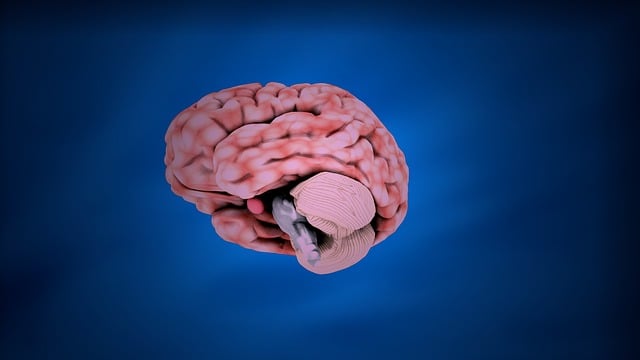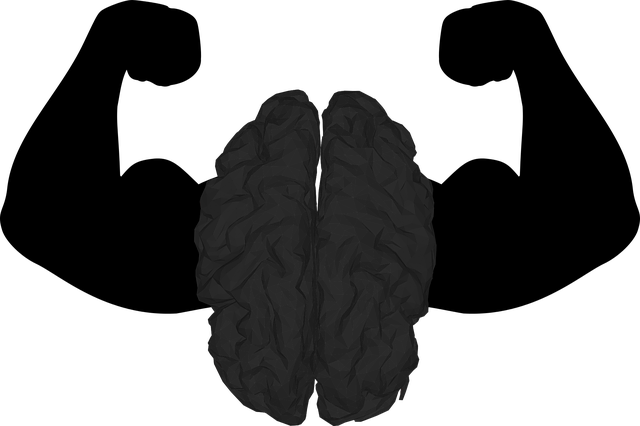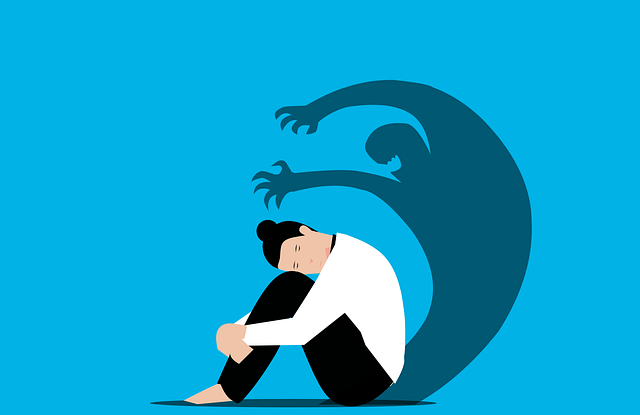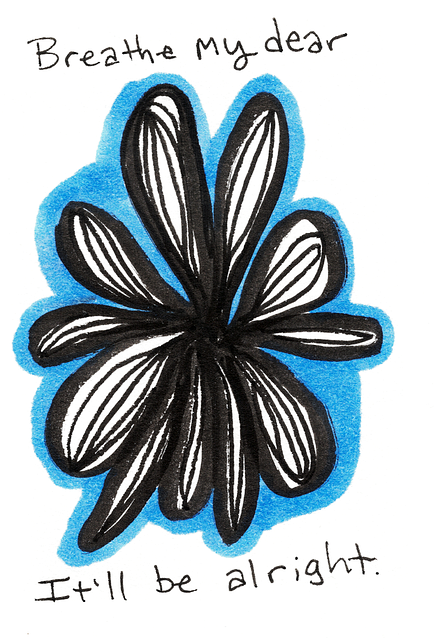Mental Health Crisis Hotlines offer 24/7 support for severe emotional distress, guiding individuals through immediate crises with expert advice. Specialized services like Longmont Geriatrics Therapy cater to older adults, providing tailored care for depression, anxiety, and cognitive decline using evidence-based practices such as mindfulness meditation. Accessing these resources involves identifying the crisis, exploring local podcasts or hotlines, and connecting with professionals who offer confidential guidance, crisis intervention, and coping strategies. Hotlines play a vital role in preventing escalation, fostering emotional healing, and encouraging individuals to seek long-term solutions like Longmont Geriatrics Therapy for improved mental well-being.
In today’s fast-paced world, mental health crises can strike anyone, anytime. For seniors, these challenges may be exacerbated by unique factors. Enter Longmont Geriatrics Therapy, a renowned expert in senior mental health support, offering crucial services via dedicated crisis hotline programs. This article explores the vital role of these hotlines, how to access them, and the diverse issues they address, ultimately highlighting their profound impact on individuals navigating mental health crises. Discover why utilizing Longmont Geriatrics Therapy‘s resources can be a lifeline for many.
- Understanding Mental Health Crisis Hotlines: A Lifeline for Many
- Longmont Geriatrics Therapy: Expertise in Senior Mental Health Support
- How to Access These Services: A Step-by-Step Guide
- Common Issues Addressed by Crisis Hotline Staff
- The Impact and Benefits of Using Crisis Hotline Services
Understanding Mental Health Crisis Hotlines: A Lifeline for Many

Mental Health Crisis Hotlines serve as a vital lifeline for individuals facing intense emotional distress or a sudden decline in mental health. These 24/7 services are designed to provide immediate support, offering a safe space for people to express their struggles and receive guidance during a crisis. Trained professionals answer calls, offering not just short-term relief but also resources and strategies tailored to each individual’s unique situation. Whether someone is experiencing anxiety, depression, or a psychotic episode, the hotline ensures they’re not alone.
The significance of these hotlines extends beyond immediate crisis intervention. They play a crucial role in promoting emotional well-being by encouraging individuals to develop inner strength and effective stress management techniques. By offering education, support, and access to further resources like Longmont Geriatrics Therapy, crisis hotline services contribute to long-term mental health resilience.
Longmont Geriatrics Therapy: Expertise in Senior Mental Health Support

Longmont Geriatrics Therapy stands as a beacon of hope for seniors navigating mental health challenges. With a dedicated team of experts in geriatric psychology and care, they offer specialized support tailored to the unique needs of older adults. The therapy center recognizes that mental well-being is an integral part of aging, addressing concerns such as depression, anxiety, and cognitive decline with compassion and skill.
Through evidence-based practices, Longmont Geriatrics Therapy assists individuals in developing effective coping strategies for mood management. They also incorporate techniques like mindfulness meditation to foster resilience and reduce stress, preventing burnout, a common issue among the senior population. By providing a safe space for expression and guidance, the therapy services contribute significantly to enhancing the quality of life for seniors in Longmont and surrounding areas.
How to Access These Services: A Step-by-Step Guide

Accessing mental health crisis hotline support services is a crucial step towards managing and overcoming challenging emotions. Here’s a straightforward guide to help you navigate this process, specifically tailored for Longmont residents seeking Geriatrics Therapy options:
1. Identify Your Need: The first step involves recognizing when you or a loved one is experiencing a mental health crisis. Whether it’s feelings of severe distress, anxiety, depression, or burnout prevention concerns, understanding the issue is key.
2. Explore Local Resources: Longmont offers various support systems. Check out the local Mental Wellness Podcast Series Production for online resources and community-based initiatives. These platforms often provide valuable insights into emotional intelligence development and crisis management techniques.
3. Contact Emergency Services: In immediate situations, dial 911 or visit the nearest emergency room. They can connect you with professional help and ensure safety.
4. Reach Out to Specialized Hotlines: For non-urgent but critical cases, contact dedicated hotlines like the National Suicide Prevention Lifeline (1-800-273-TALK) or local crisis lines in Colorado. These services offer confidential support and guidance 24/7.
5. Connect with Longmont Geriatrics Therapy: For geriatric-specific therapy, search for qualified professionals in your area. Many therapists now offer online sessions, making access more convenient. Ensure the therapist is trained to handle age-related mental health concerns.
Common Issues Addressed by Crisis Hotline Staff

Crisis hotline staff are trained to handle a wide range of mental health concerns, offering immediate support and guidance to individuals in distress. Common issues addressed include depression, anxiety, suicidal ideation, and trauma-related emergencies. These professionals are equipped with the knowledge and skills to provide crisis intervention, emotional support, and practical strategies for managing acute mental health episodes.
The team at Longmont Geriatrics Therapy, for instance, understands that every individual’s experience is unique. They offer specialized care, tailoring their approach to address specific needs, whether it’s facilitating coping mechanisms for anxiety relief or providing resources for developing effective mental wellness coaching programs. Their goal is to ensure that those reaching out receive the right support to navigate through crises and take proactive steps towards maintaining and improving their mental wellness.
The Impact and Benefits of Using Crisis Hotline Services

Using crisis hotline services can significantly mitigate the impact of mental health crises, offering immediate support and a safe space for individuals to express their emotions freely. These hotlines provide a non-judgmental environment where people can receive empathy, guidance, and resources tailored to their specific needs. The trained professionals on these lines are equipped with tools to assist in emotional healing processes, conflict resolution techniques, and even offer insights into Mental Illness Stigma Reduction Efforts. This proactive intervention can prevent situations from escalating and provide individuals with the confidence to seek further treatment or support systems like Longmont Geriatrics Therapy.
By leveraging hotline services, individuals can gain access to a network of care, fostering a sense of community and understanding. This initial support can be instrumental in guiding people towards long-term solutions, personal growth, and improved overall well-being. It’s crucial to recognize that these hotlines are not just immediate bandages but valuable stepping stones toward holistic mental health management.
Mental health crisis hotlines, such as those offered by specialized services like Longmont Geriatrics Therapy, play a pivotal role in supporting individuals during times of severe emotional distress. By providing immediate assistance and expert guidance, these hotlines can be a lifeline for seniors facing mental health challenges. Through their comprehensive understanding of geriatric mental health issues, professionals at Longmont Geriatrics Therapy ensure that callers receive the tailored care they need. Accessing these services is straightforward, as outlined in our guide, allowing anyone in crisis to find help promptly. The positive impact of crisis hotline support extends beyond immediate relief, fostering long-term resilience and promoting healthier coping mechanisms for future challenges.









